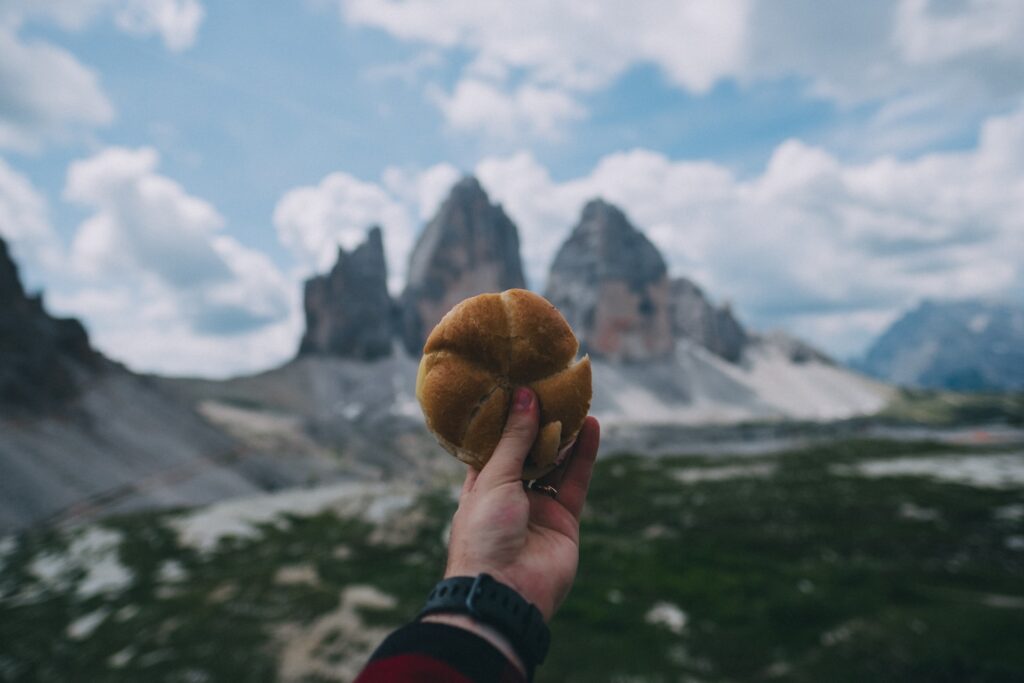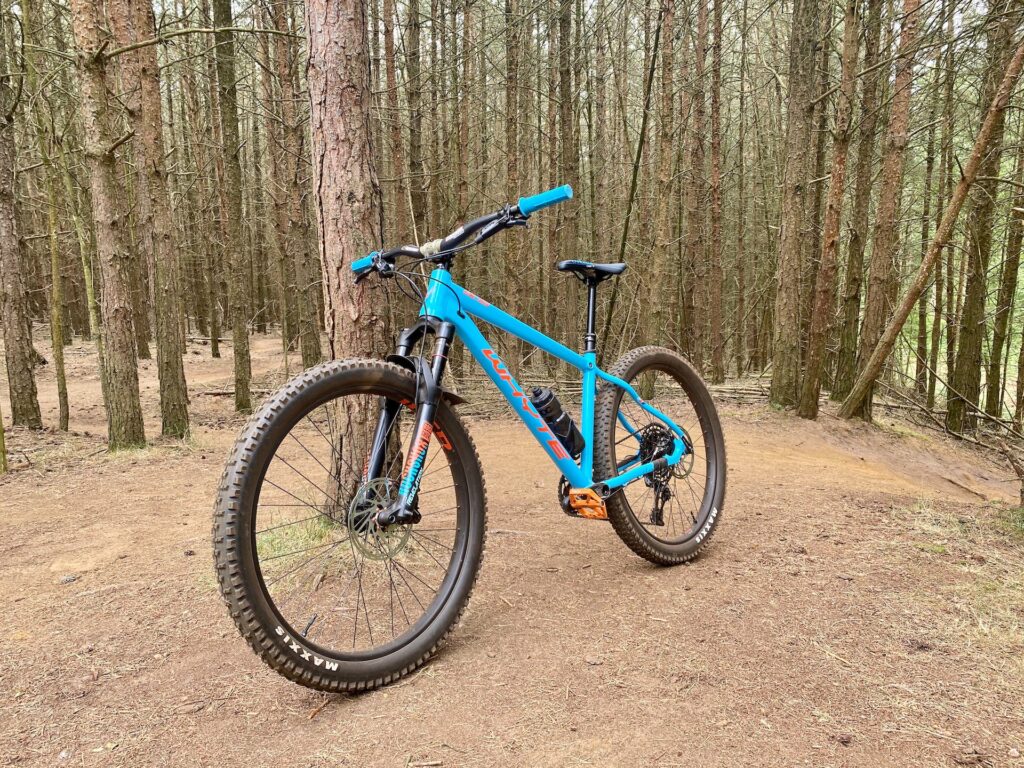Introduction
Embarking on a hiking adventure is not just about conquering peaks and exploring breathtaking landscapes; it’s also about fueling your body for the journey. Whether you’re a seasoned hiker or a novice explorer, the right nutrition is crucial to sustaining energy, enhancing endurance, and ensuring an enjoyable trek. In this blog post, we’ll delve into the world of Food for Hikers, exploring the best foods to pack, meal planning tips, and strategies to keep you fueled throughout your adventure.
The Foundation – Packing the Right Food for Hikers
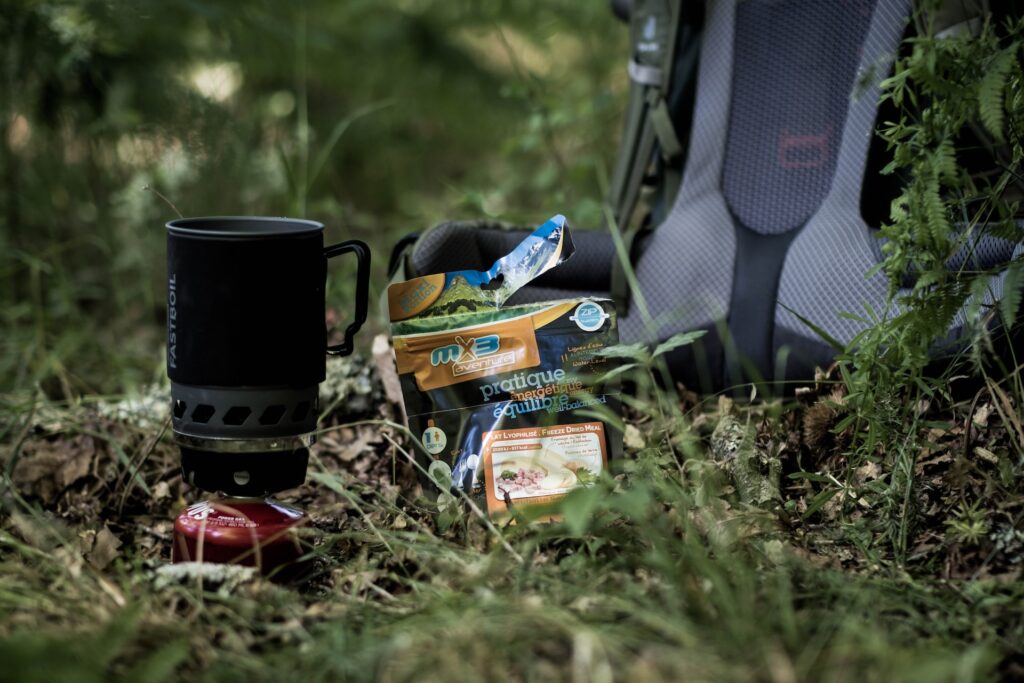
The foundation of a successful hiking trip starts with packing the right foods in your backpack. When you’re out on the trail, lightweight and nutrient-dense options are key.
Food for Hikers Tip 1: Choose Lightweight and Nutrient-Dense Options
Opt for foods that provide a high nutritional value without adding excessive weight to your backpack. Trail mix, energy bars, and dehydrated fruits are excellent choices. They are not only packed with essential nutrients but are also easy to carry and consume on the go.
Food for Hikers Tip 2: Incorporate Whole Grains and Complex Carbohydrates
Whole grains and complex carbohydrates are your body’s primary source of fuel. Include items like whole grain crackers, granola, and oatmeal in your hiking menu. These foods release energy gradually, helping you maintain stamina throughout the trek.
Meal Planning Strategies for Hikers
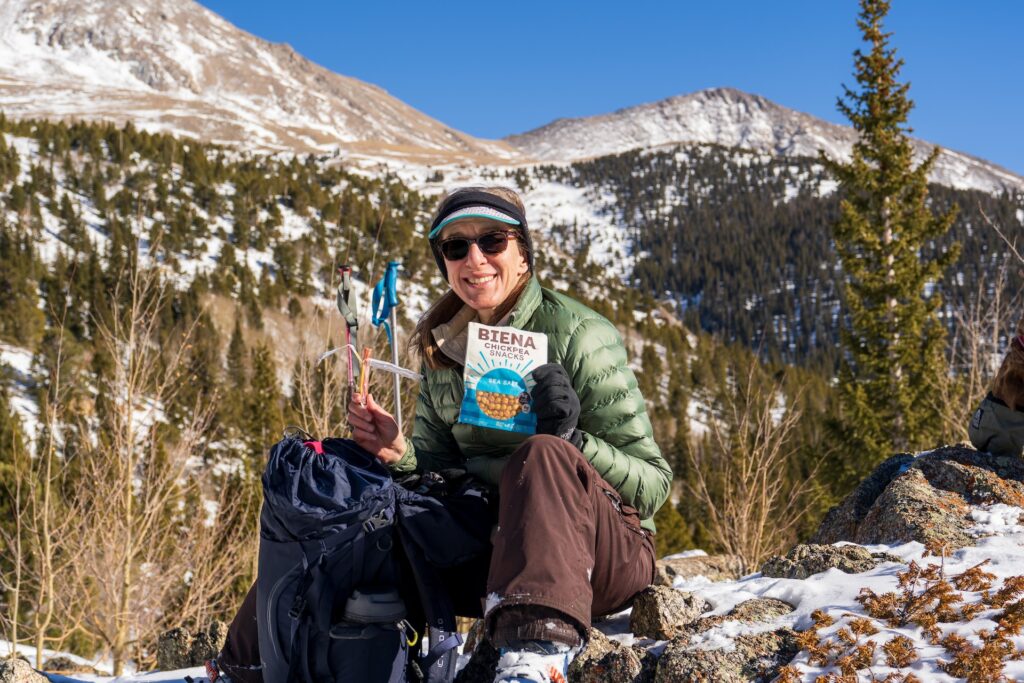
Meal planning is a crucial aspect of ensuring you have the right foods at the right time during your hiking adventure. Proper planning can make a significant difference in your energy levels and overall experience.
Food for Hikers Tip 3: Plan Balanced Meals
A balanced meal includes a combination of carbohydrates, protein, and healthy fats. Plan your meals to include a variety of foods to meet your nutritional needs. For example, a trail mix with nuts (protein and healthy fats), dried fruits (carbohydrates), and seeds can provide a well-rounded energy boost.
Food for Hikers Tip 4: Consider Dietary Restrictions and Preferences
If you have dietary restrictions or preferences, it’s essential to plan accordingly. There are plenty of options available, including vegan, gluten-free, and dairy-free hiking foods. Make sure to pack foods that align with your dietary needs to ensure you have an enjoyable and nourishing experience on the trail.
Hydration – The Unsung Hero of Hiking Nutrition
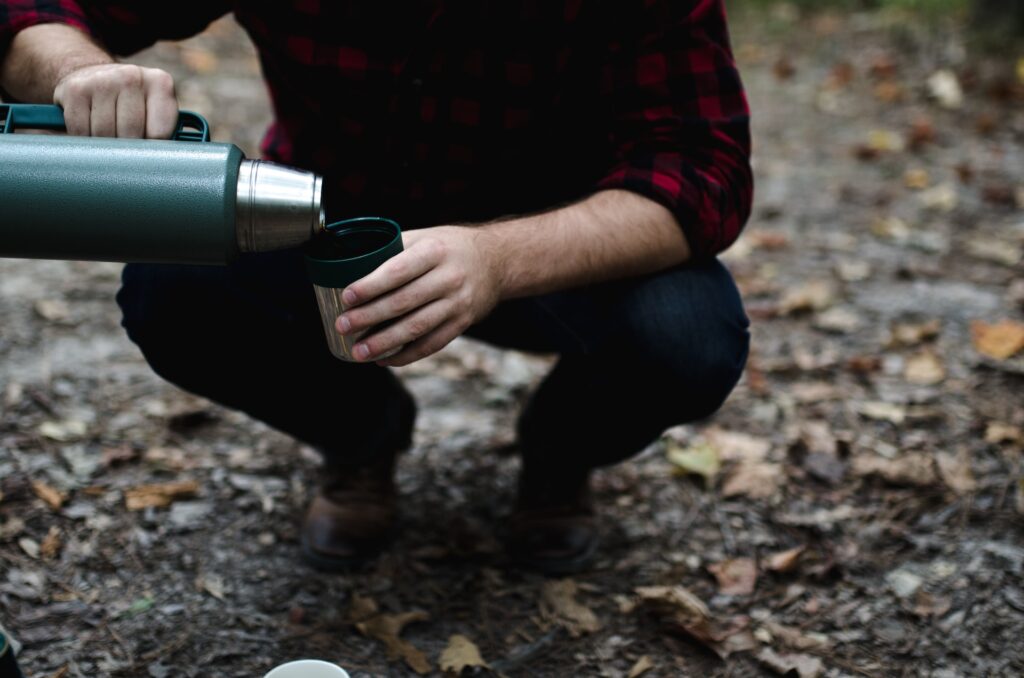
While focusing on solid foods is crucial, hydration often takes a back seat. Staying properly hydrated is fundamental for maintaining energy levels, supporting bodily functions, and preventing dehydration-related issues.
Food for Hikers Tip 5: Carry a Reliable Water Filtration System
Depending on the length and location of your hike, access to clean water may be limited. Invest in a reliable water filtration system to purify water from natural sources like rivers and streams. This ensures you stay hydrated without compromising your health.
Food for Hikers Tip 6: Enhance Water with Electrolytes
In addition to plain water, consider carrying electrolyte tablets or powders. Sweating during hikes leads to the loss of electrolytes, which are essential for muscle function. Replenishing these electrolytes will help prevent fatigue, cramps, and other issues associated with dehydration.
Snack Smart – Keeping Your Energy Levels Consistent
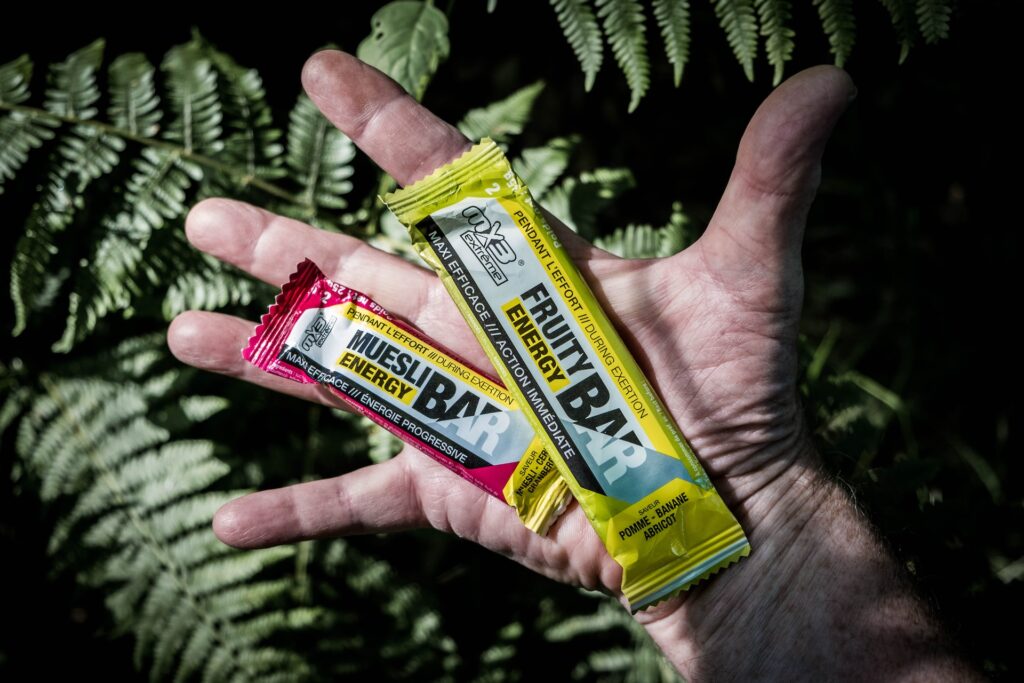
Snacking is a vital part of a hiker’s nutrition strategy. Well-timed snacks can help maintain steady energy levels and prevent the dreaded “bonk” or hitting the wall.
Food for Hikers Tip 7: Pack Quick and Easy Snacks
Choose snacks that are easy to access and consume without disrupting your hike. Nut butter packets, energy gels, and small portions of dark chocolate are convenient options. These snacks provide a quick energy boost without the need for elaborate preparation.
Food for Hikers Tip 8: Mix Up Your Snack Selection
Avoid monotony by including a variety of snacks in your backpack. Rotate between sweet and savory options to cater to different taste preferences. This variety not only keeps things interesting but also ensures you get a diverse range of nutrients.
Conclusion
In conclusion, the right nutrition is the key to a successful and enjoyable hiking adventure. From packing the right foods to meal planning, staying hydrated, and smart snacking, every aspect plays a crucial role in keeping you energized on the trail.
Whether you’re a weekend warrior or planning an extended thru-hike, paying attention to your nutritional needs can make a significant difference in your overall experience. So, the next time you lace up your hiking boots and hit the trail, remember to pack not just your gear but also the right foods to fuel your journey.
We hope these tips on food for hikers empower you to make informed choices and enhance your hiking experience. Have additional tips or favorite hiking snacks to share? We’d love to hear from you! Leave a comment below and let’s continue the conversation on smart nutrition for hikers. Happy trails!
Comments Section
What are your go-to snacks for a hiking adventure? Do you have any favorite lightweight meals that keep you energized on the trail? Share your tips and experiences with the community!

